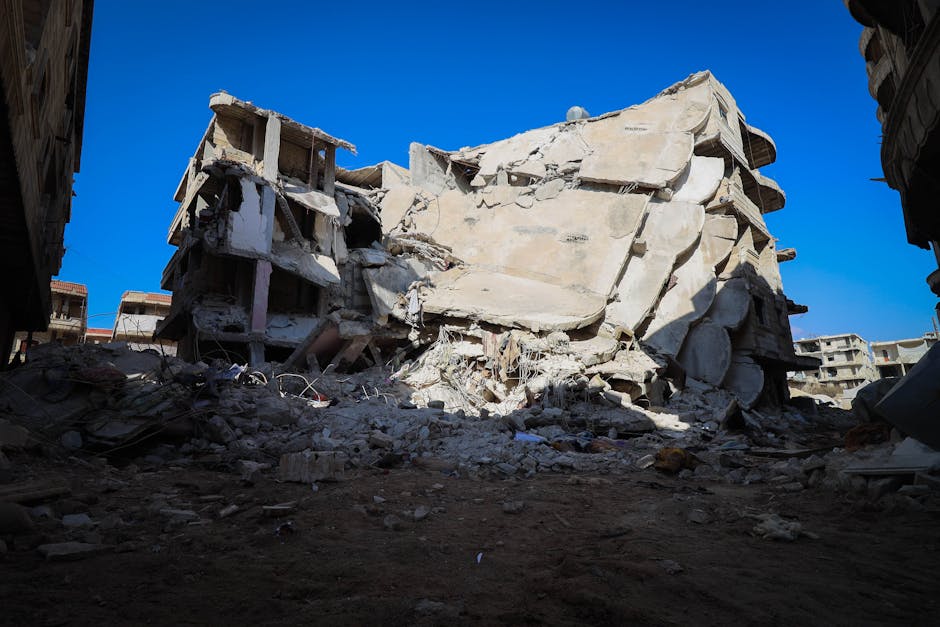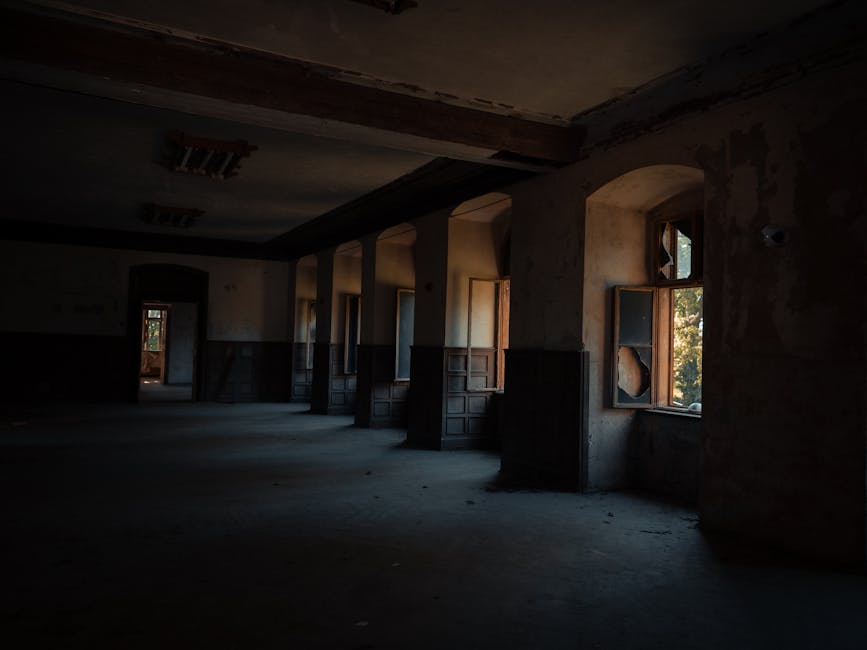Syria’s Historic Parliamentary Elections: A Step Toward Normalization or Political Theater?
In a significant yet controversial move, Syria held its first parliamentary elections on Monday since the official end of its decade-long civil war. The government hailed the event as a milestone in the nation’s recovery, but critics and opposition groups dismissed it as a sham, accusing it of reinforcing President Bashar al-Assad’s authoritarian rule.
High Turnout Amid Skepticism
The elections took place across government-controlled regions, including major cities like Damascus, Aleppo, and Homs. State media reported high voter turnout, with long lines at polling stations as citizens participated in what officials called a “new chapter” for Syria. The government framed the elections as a symbol of resilience and institutional rebuilding after years of conflict.
“These elections are a testament to the strength and unity of the Syrian people,” a government spokesperson declared in a televised address. “They mark the beginning of a new era of stability and progress for our country.”
Opposition and International Criticism
Despite the government’s optimistic rhetoric, the elections faced widespread skepticism. Opposition groups, many operating in exile, criticized the process as neither free nor fair, citing the dominance of Assad’s Ba’ath Party and the exclusion of meaningful opposition candidates.
“This is not democracy; it’s a farce,” a spokesperson for the Syrian Opposition Coalition stated. “The Assad regime is using these elections to legitimize its grip on power while ignoring millions of displaced and silenced Syrians.”
The international community also questioned the elections’ legitimacy. Western nations, including the U.S. and EU members, dismissed the process as non-inclusive, pointing to Syria’s ongoing humanitarian crisis. The United Nations refrained from endorsing the elections, emphasizing the need for a broader political transition involving all stakeholders.
“The holding of elections in the absence of a comprehensive political process does not contribute to the resolution of the Syrian crisis,” a UN spokesperson said.
A Divided Nation and Uncertain Future
The elections took place against the backdrop of a deeply divided Syria, with opposition factions, Kurdish-led forces, and extremist groups controlling large areas. The civil war, which began in 2011, has left hundreds of thousands dead, millions displaced, and the country’s infrastructure and economy in ruins.
For many Syrians, the elections were less about democracy and more about survival. In Damascus, voters expressed mixed feelings. “We voted because we want to believe in a better future,” one resident said. “But we know that real change will take more than just an election.”
What’s Next for Syria?
As votes are counted and a new parliament takes shape, the world watches to see if these elections will lead to genuine reform or merely solidify the status quo. For now, Syria’s first post-war elections stand as a symbol of both hope and disillusionment, reflecting the complexities of a nation striving to rebuild amidst the scars of conflict.
Stay tuned to NextMinuteNews for more updates on this developing story.




